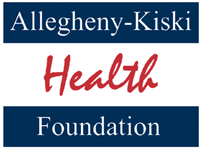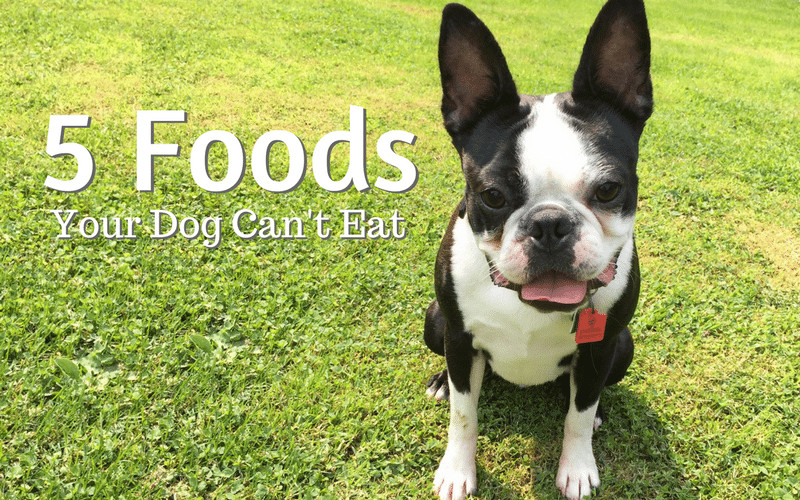Most people know that dogs and chocolate don’t mix, but that isn’t the only common food that could be harmful to your furry friend. Take a look at these five lesser-known food items to keep away from your pet.
1. Coffee and Coffee Grounds
While a fresh cup of coffee might be your favorite part of your morning routine, it could be bad news for your dog. Caffeine can cause hyperactivity, restlessness, vomiting, irregular heartbeat, and even fatal poisoning in your dog, depending on his size and how much he consumes.
If your dog has been known to get into the trash, be careful about how you throw away your coffee grounds, as ingesting the grounds or beans can be just as harmful.
2. Garlic and Onions
Plants such as garlic, onions, leeks, and chives that are a part of the Allium family are poisonous to dogs and can cause nausea, vomiting, diarrhea, increased heart rate, and collapse. These symptoms could take several days to present themselves, however, which can make garlic poisoning difficult to pinpoint.
3. Grapes and Raisins
Grapes and raisins are known to be highly toxic to dogs, although researchers are still unsure of the exact cause of this reaction. Nonetheless, grape ingestion can cause vomiting, diarrhea, abdominal pain, dehydration, and kidney failure.
4. Green Tomatoes
Although most dogs can safely eat a ripe red tomato, the green parts of the plant–including the stem, leaves, and unripened green tomatoes–contain high concentrations of solanine, which can be harmful to your pet. Ingesting too much solanine can lead to vomiting, diarrhea, increased heart rate, muscle weakness, and seizures.
5. Xylitol
Xylitol is a type of naturally-occurring sugar alcohol that is often used in foods and candies as a sugar substitute. While this ingredient has been deemed safe for human consumption, xylitol can be extremely toxic to dogs and can cause low blood sugar, seizures, and liver failure.
Chewing gum is one of the most common foods that contains xylitol and that dogs can accidentally ingest. Recently, some brands of peanut butters have come under fire for containing xylitol, so if this treat is something you offer your dog, check the label to make sure it’s safe for him.
If you think your dog may be showing signs of poisoning, be sure to contact your veterinarian right away.
For more information about pet safety, or if you are considering adopting a new pet, consider contacting the Animal Protectors of Allegheny Valley, a local no-kill shelter striving to find safe, loving homes for abused, abandoned, and homeless animals in the Allegheny-Kiski Valley, and to educate the community about responsible pet ownership.






